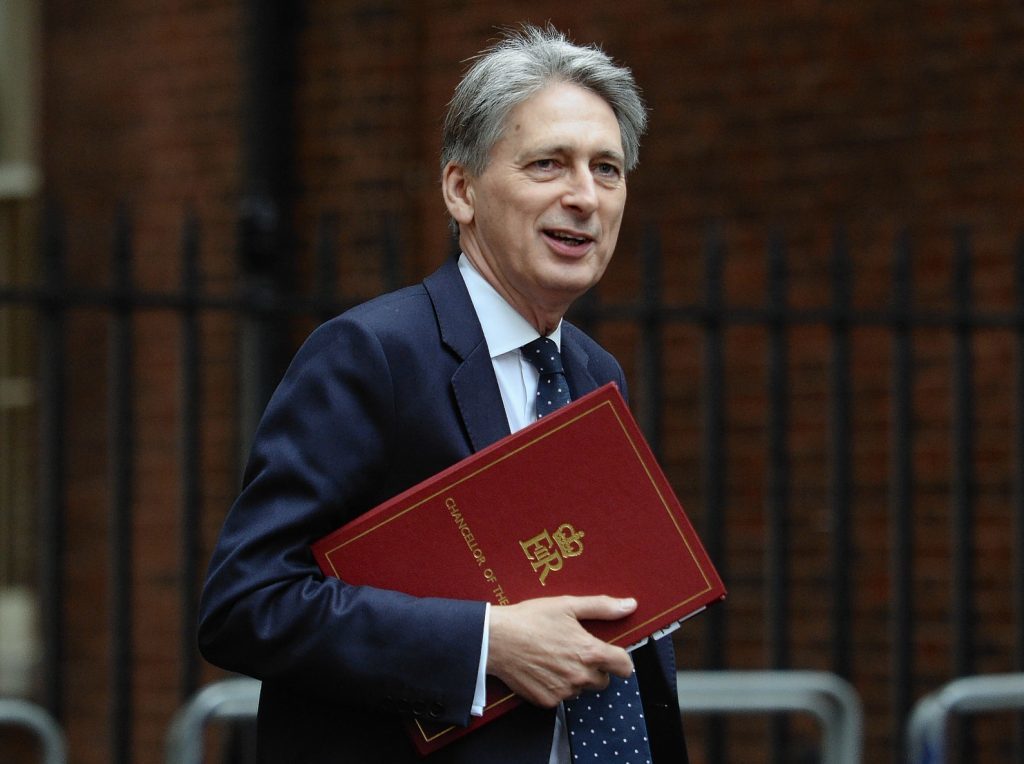
The UK Chancellor has confirmed the North Sea tax regime will be maintained, putting to rest concerns over a potential cut as the oil price stabilises.
In delivering his Budget, Philip Hammond said the government will “maintain headline tax rates at their current level” in order to support the recovering industry.
The Chancellor also announced a call for evidence on plans to make Scotland a global decommissioning hub, and following the budget the OBR increased its forecast for North Sea revenues in the next five years by an average of £1.2billion per year.
The move has been broadly welcomed by the sector, but measured by the fact that an emergency budget in a “no-deal Brexit” means “nothing is off the table”.
Media reports earlier this year suggested that the oil price recently rising to $85 could put tax relief measures in the firing line.
Recent budgets have seen several measures introduced to improve the fiscal regime, including abolishment of petroleum revenue tax and cuts to the supplementary charge in order to boost the struggling sector.
Last year the Chancellor also announced transferable tax history will be put in place, allowing buyers of North Sea assets to reclaim a portion of the decommissioning costs, which will be introduced next month.
The move to maintain the tax measures has been broadly welcomed by the sector; with trade body Oil and Gas UK saying it is recognition of the industry’s hard work “following one of the most testing downturns in its history”.
Leading oil and gas consultancy Wood Mackenzie agreed the move was positive, but added that the stable tax system could change amid a no-deal Brexit.
A spokeswoman for WoodMac said: “The headline tax rates remain unchanged, despite speculation that they could be increased owing to rising oil prices and the need for the Chancellor to raise government income to fund public spending.
“Petroleum tax rates were changed several times during previous price swings over the decades but, at least on this occasion, the government has stuck to its promise to keep the system stable, predictable and competitive for the time being.
“Of course, in the case of a ‘no deal Brexit’ an emergency budget will follow and nothing is off the table.”
Deidre Michie, chief executive of Oil and Gas UK, said: “The Chancellor’s commitment to fiscal stability is welcome recognition of the hard work by industry to encourage recovery following one of the most testing downturns in its history.
“With reduced costs, competitive fiscal terms and improved operational performance, the UK Continental Shelf is becoming an attractive investment proposition. These conditions are delivering a tentative recovery, with more projects approved so far this year than in the last three years combined.
“It’s important that this stability is sustained for the longer term, encouraging further investment and much needed new business for the supply chain, which continues to be under pressure.”
Derek Leith, global oil and gas lead at EY, argued the little that the Chancellor did say about the sector will boost investor confidence.
He said: “It’s not often that a whole industry would welcome a non-event, but today’s Budget will be marked by the UK oil and gas industry as further confirmation that the Government is serious about maximising economic recovery from the UK’s offshore oil and gas reserves.
“Whilst the oil price has recovered from its slump of the past three years, large parts of the basin find it hard to compete for capital against more material opportunities in other jurisdictions. The direction of travel is for some of the larger multinational groups to leave the UK Continental Shelf in favour of more prospective areas and US shale – and therefore it is vitally important for the Government to maintain investor confidence.
“In saying very little about oil and gas today the Chancellor delivered a further confidence boost to investors which will hopefully see a continuing trend of new players entering the basin and helping to realise its potential.”
Recommended for you

